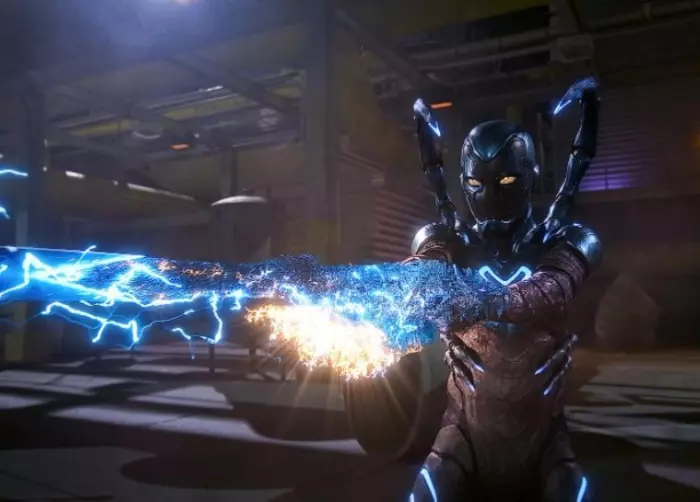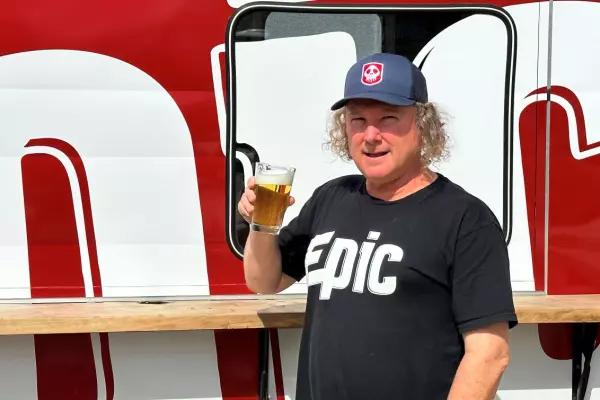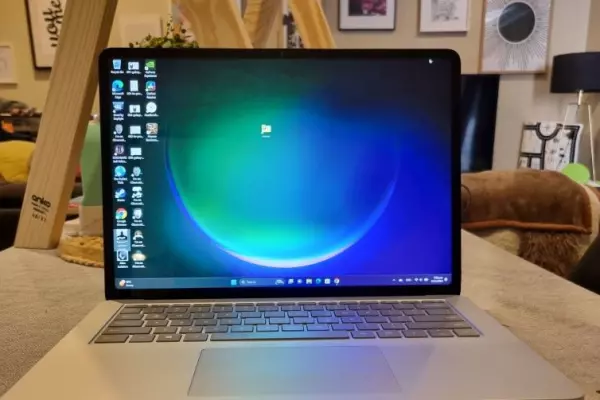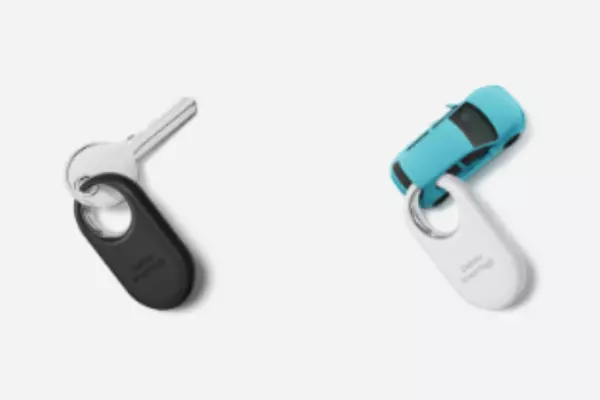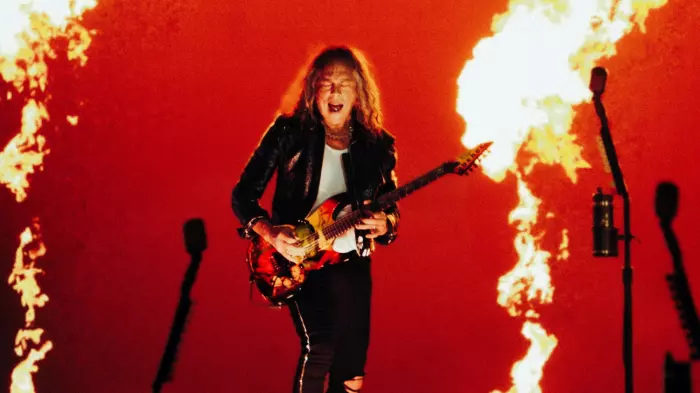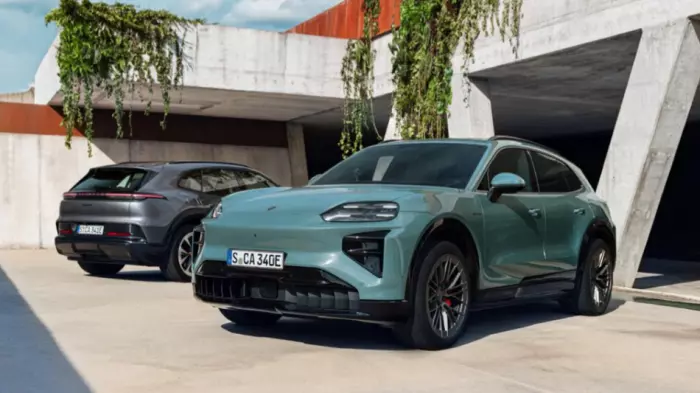Superhero fatigue is a real thing. Most people have found that Marvel, post Avengers: Endgame, has been running out of steam and originality.
The DC Extended Universe has suffered far greater than Marvel, with many feeling it never really found its feet in the first place.
DC's previous release, The Flash, was touted as “one of the greatest superhero films since The Dark Knight”, which, although not without its good points, certainly didn’t live up to this pre-release promise due to shoddy special effects, a jumbled storyline and a questionable lead actor.
DC films are at their best when they produce darker, more adult, standalone films like Todd Phillips' The Joker or Matt Reeves' The Batman.
These films have proven successful not by trying to emulate Marvel's formula but instead by telling tightly woven, individual stories with much darker tones.
Surprisingly, however, Blue Beetle takes plenty from the Marvel playbook while also standing on its own two feet.
Using humour as its platform for storytelling, the right amount of cheesiness and pathos and a far brighter visual aesthetic than we’ve come to expect from DC, Blue Beetle is an engaging story, solidly told.
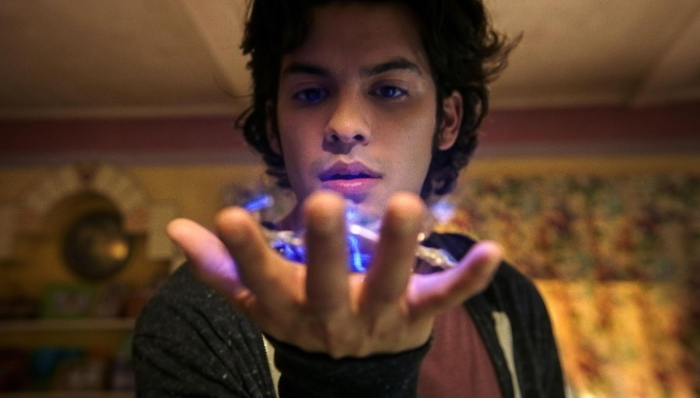
Jaime Reyes (Xolo Maridueña) is given superhuman powers. (Image: Supplied)
Blue Beetle follows the story of Jaime Reyes, played superbly by the charmingly endearing Xolo Maridueña, a Mexican-American living in a lower-class American suburb with his quirky and adorable family unit.
Jaime becomes the reluctant hero of Blue Beetle when he comes into contact with the "scarab", an ancient, symbiotic artefact that chooses a host to make into an incredibly powerful superhero to fight the bad guys.
For those unfamiliar with the character picture, the Iron Spider, the scarab attaches itself to Jaime, who becomes the Blue Beetle – basically a combination of Iron Man and Spiderman.
Once Jaime learns to master his powers, in the clichéd yet comical ways we have come to expect from origin stories, he has to take down Victoria Kord, played mostly convincingly by Susan Sarandon, the director of a technology company-turned-weapons manufacturer, who wants to harness the power of the scarab to make an army of symbiotes.
Basic narrative aside, what sets Blue Beetle apart from other similar entries is its focus on Jaime's family and the interesting added layer of storytelling around immigrants in America and the struggles they face in regard to poverty, acceptance and belonging.
Blue Beetle succeeds best when the family is at the front and centre of the storytelling. Jaime lives in a rented house with his mum and dad, his fast-quipping sister, his badass nana (who knows how to wield a minigun), and his hilariously eccentric inventor uncle Rudy in a career highlight performance from George Lopez.
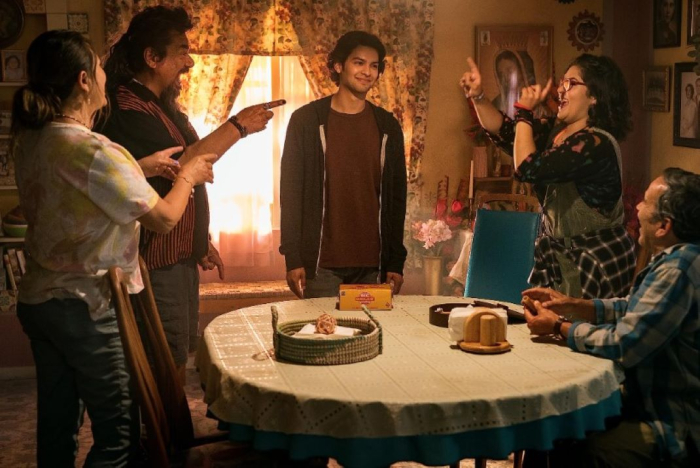
Jaime's adorable Mexican-American family are at the core of Blue Beetle. (Image: Supplied)
The writing and acting around the family aspects of the story are an absolute highlight and raise the film above your standard origin story to something far more compelling and emotional.
Although some of these moments err on being too cheesy (and at times they are), they are also grounded in such genuineness that it really helps you to engage with the struggles of the characters despite this.
The first half of the film is incredibly light-hearted. There are laughs every few minutes, and it’s genuinely a lot of fun. These are genuinely good jokes as well; I found myself laughing into the next scene on more than one occasion.
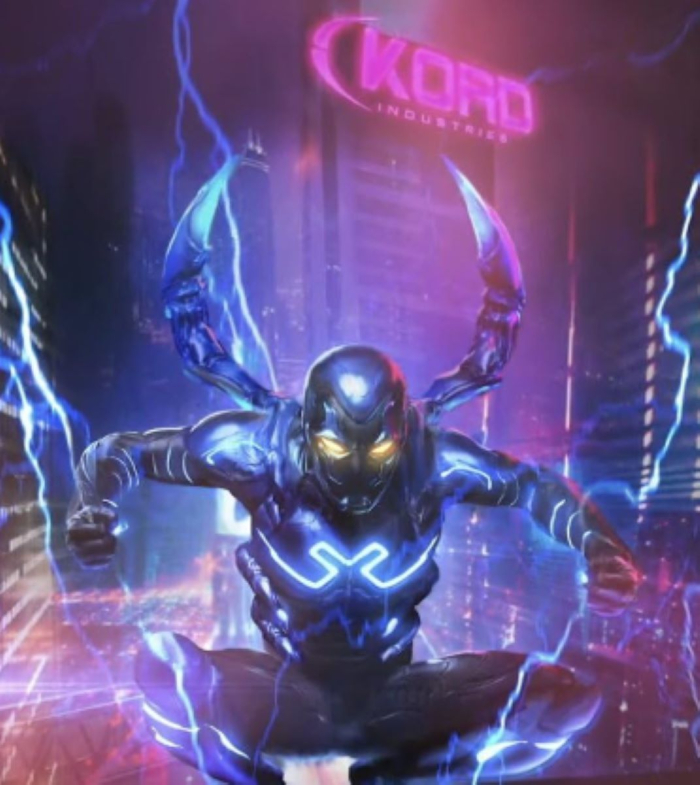
Jaime in superhero mode. (Image: Supplied)
Midway through the film, out of nowhere, Blue Beetle subverts your expectations by turning up the drama and action to 11. Although this shift has the potential to be jarring, instead, it has an impact, thanks to the performances and direction. I had moments of being genuinely moved by what was going on.
While the second half of the movie returns to the more lighthearted feel and more typical superhero action sequences, the impact of the turning point of the film stays with you, making you far more invested in the characters' journeys than you might expect.
The soundtrack from Bobby Krilc, whose previous credits include Midsommar and Beau is Afraid, was an absolute highlight for me.
With an 80s synth inspiration (synthspiration?) not unlike what you’d expect from an episode of Stranger Things and an absolutely banging hero theme for the protagonist, this eclectic composition makes every action sequence hit with excitement and bravado and is really the high point of the movie.
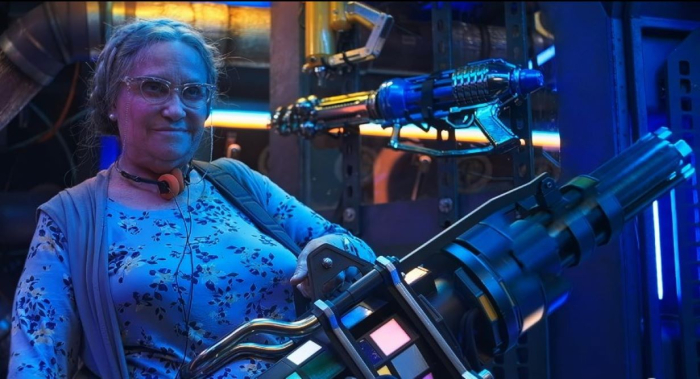
Nana (Adriana Barraza) is a badass who knows how to wield a gun. (Image: Supplied)
The cinematography didn’t blow me away, especially given what I have come to expect from director of photography Pawel Pogorzelski, whose previous films include the gorgeously shot Midsommar and Hereditary.
Fortunately, though, he knows exactly how to shoot action sequences thanks to his prior work on the excellent Nobody, and while Blue Beetle was in no way as visceral or violent as this, the shot style had a similar urgency about it, which made the action exciting and engaging.
The solid direction from Angel Manuel Soto showed a clear understanding of pacing, ensuring that the blend of genre styles between comedy, drama and action never slowed the flow of the film.
Even the aspects of Blue Beetle that had more heightened grounded drama didn’t drag or feel out of place.
The script had well-written jokes, and combined with the comedic timing of the actors and editing, these meant it was genuinely funny at times without feeling forced.
Overall, Blue Beetle is hardly a tour de force, but nor does it think it is. It is an enjoyable piece of escapism and certainly one of the more interesting and refreshing commercial comic-book movies I’ve seen in a while.
Yes, it still has a lot of the expected clichés of the genre, but the family at its core make this an engaging and unexpectedly emotional film. And it’s refreshing to see a superhero story putting the spotlight on a different culture and ethnicity.
Blue Beetle is an excellent option for parents to take their teenage kids to or for those who want two hours of pure escapism and entertainment.


